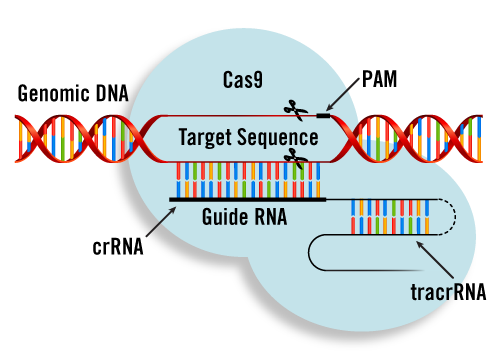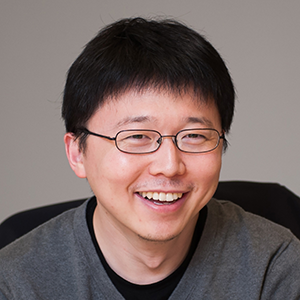Session Abstract – PMWC 2019 Silicon Valley
The PMWC 2019 Emerging Therapeutics Showcase will take place on January 21 and will provide a 15-minute time slot for selected companies and researchers in the CRISPR, Cell and Gene Therapy fields. Major advancements in safer cell- and gene-level editing technologies are bringing us closer toward cures for life-threatening disorders, from cancer to HIV to Huntington’s disease. Cell therapy in which cellular material, such as T cells capable of fighting cancer cells, is injected into a patient, has been demonstrated safe and effective. The popular new CRISPR tool that has been used to edit the genetic code of nearly any organism will have an enormous impact on human health. More than a dozen clinical trials employing CRISPR on human cells are already underway.
Confirmed Presenting Companies:
The PMWC 2019 Emerging Therapeutics Showcase will take place on January 21 and will provide a 15-minute time slot for selected companies and researchers in the CRISPR, Cell and Gene Therapy fields. Major advancements in safer cell- and gene-level editing technologies are bringing us closer toward cures for life-threatening disorders, from cancer to HIV to Huntington’s disease. Cell therapy in which cellular material, such as T cells capable of fighting cancer cells, is injected into a patient, has been demonstrated safe and effective. The popular new CRISPR tool that has been used to edit the genetic code of nearly any organism will have an enormous impact on human health. More than a dozen clinical trials employing CRISPR on human cells are already underway.
Confirmed Presenting Companies:
Session Chair Profile
PMWC LUMINARY AWARD
Neurobiologist who led the development of optogenetics and CRISPR
Ph.D., Professor of Neuroscience, McGovern Institute for Brain Research, Brain & Cognitive Sciences, Biological Engineering, MIT and Core Member, Broad Institute

Biography
Dr. Zhang’s lab at MIT is focused on using synthetic biology to develop technologies for genome and epigenome engineering to study neurobiology. Zhang played a central role in the development of both CRISPR technology and optogenetics, a biological technique that uses light to control cells in living tissue, usually neurons. Zhang’s group optimized the Cas9 system in human cells starting in 2011. They then compared their RNA expression approach with a design based on the Doudna / Charpentier chimeric RNA for use in human cells and established features of the guide necessary for Cas9 to function effectively in mammalian cells. His lab’s diagnostic nucleic acid detection protocol based on CRISPR, called SHERLOCK (Specific High sensitivity Enzymatic Reporter UnLOCKing) is able to detect and distinguish strains of viruses and bacteria present in as low as attomolar (10−18 M) concentration. Zhang is a recipient of the NIH Director’s Pioneer Award and is a 2012 Searle Scholar. He was named one of MIT Technology Review’s 35 most innovative people in the world under age 35, in 2013. His work on optogenetics and CRISPR has been recognized by a many awards, including the 2011 Perl-UNC Prize, the 2014 Alan T. Waterman Award, the National Science Foundation’s highest honor that annually recognizes an outstanding researcher under the age of 35; and the 2014 Gabbay Award, the 2014 Young Investigator Award from the Society for Neuroscience. In 2018, Zhang was elected as a Fellow of the American Academy of Arts and Sciences, and a member of the National Academy of Sciences. Zhang received an A.B. in Chemistry and Physics from Harvard University in 2004 and his Ph.D. in chemical and biological engineering from Stanford University in 2009.





